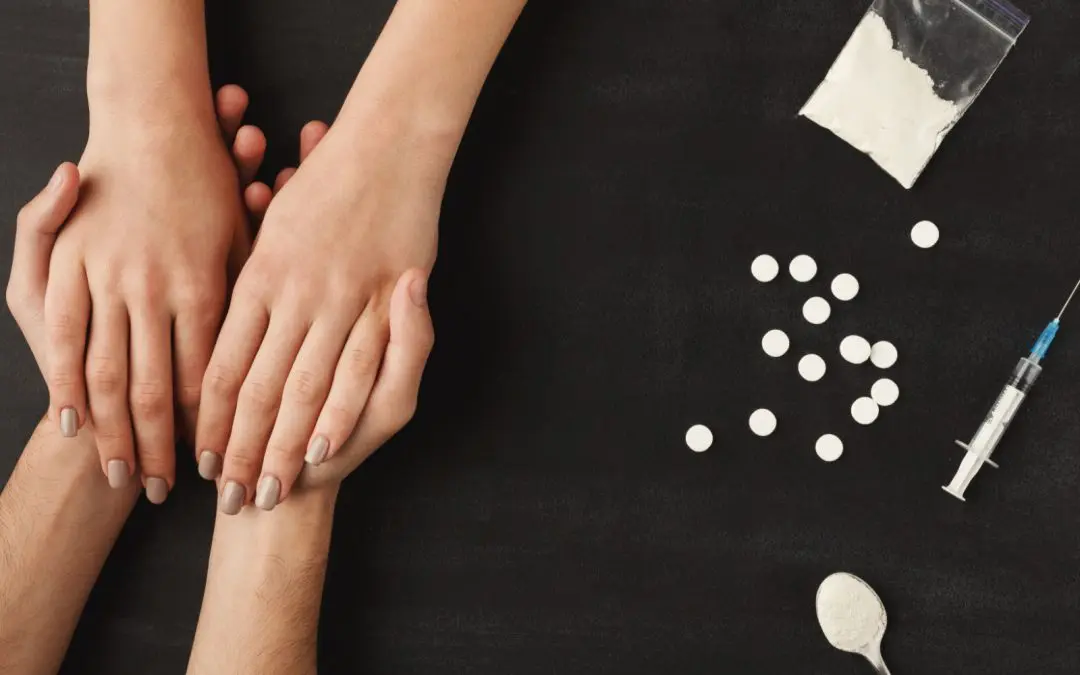24/7 Helpline:
(866) 899-221924/7 Helpline:
(866) 899-2219
Learn more about PTSD Rehab centers in Moore Haven

Other Insurance Options

Evernorth

Regence

Optima

Self-pay options

Magellan Health

WellCare Health Plans

MHNNet Behavioral Health

Coventry Health Care

ComPsych

Group Health Incorporated

Health Partners

Private insurance

Highmark

Holman Group

BHS | Behavioral Health Systems

MVP Healthcare

Humana

Amerigroup

Absolute Total Care

UnitedHealth Group

Agape Home
Agape Home is a Non-Profit Faith-Based program for women located in Moore Haven, FL. Agape Home brin...



















